Dive Into the Nomad Water Journey
Ready to Join Us?


Dive Into the Nomad Water Journey
Over a full semester, students explored all their academic content through the lens of water. After eight weeks of teacher-curated activities, lessons and excursions, students took the charge to dream up and create projects that would create positive change for the world’s waters.

In cultures around the world, water plays an important role in culture and tradition and this is displayed prominently in creation stories and mythology. Focusing on the idea that “Water is Life” students read creation myths from around the world and analyzed the texts to compare the role of water in different societies.
Sitting by the San Francisco Bay, students authored their own creation myths, revising their drafts to hone their story-telling skills.
Using the lens of these myths, students examined how water is still central to the stories of today reading novels and short stories centering how water shapes our modern lives.

Throughout the Water Journey, students dove deep into statistics and data analysis to understand the scope of the garbage problem impacting the world’s oceans. The whole school took a field trip to San Francisco’s Ocean Beach and did a beach clean-up. We brought all the garbage back to Nomad’s Depot where we sorted, counted and measured what we’d collected.
Using the data from our beach cleanup students estimated the amount of garbage on the entirety of the California shoreline!
Spurred by our alarming results, Nomadians did researched and brainstormed to develop solutions to the ocean’s garbage problem.
Click through our gallery to see the other excursions, activities, experiments, and simulations that made up our Nomad Water Journey!
Visiting the Pulgas Water Temple
Visiting the Monterey Bay Aquarium
Building models of aquaducts
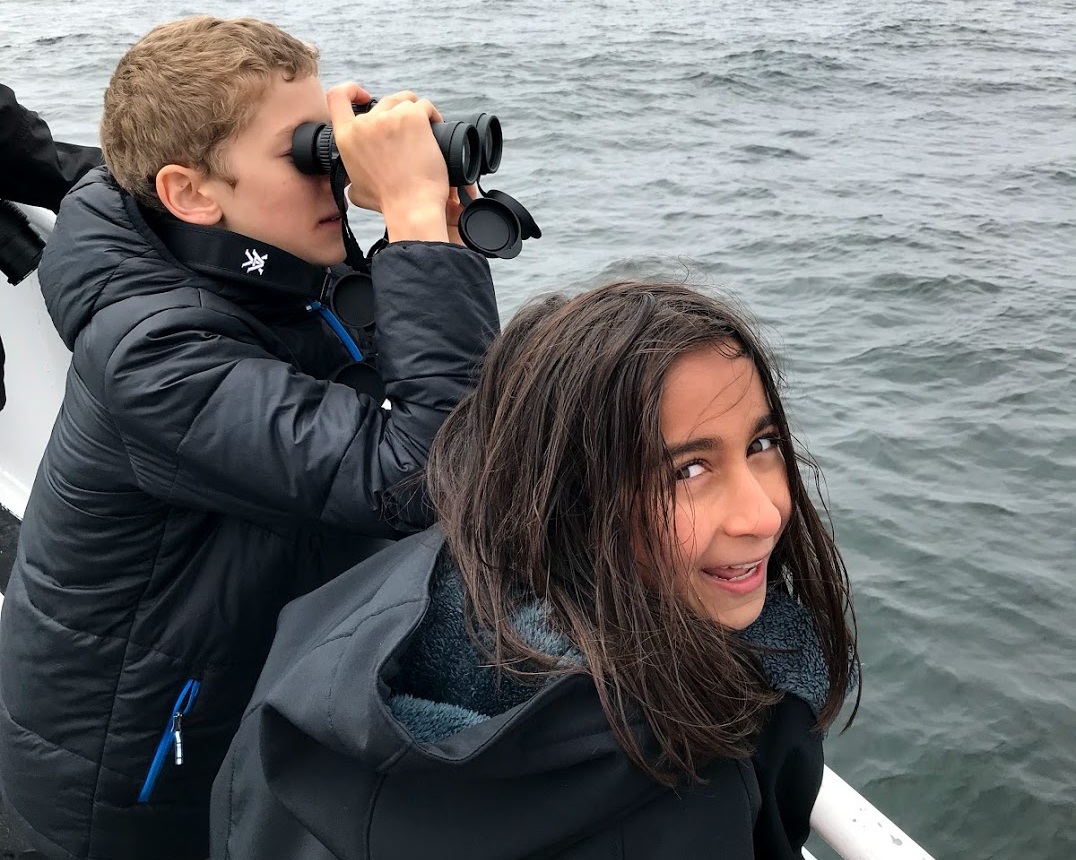
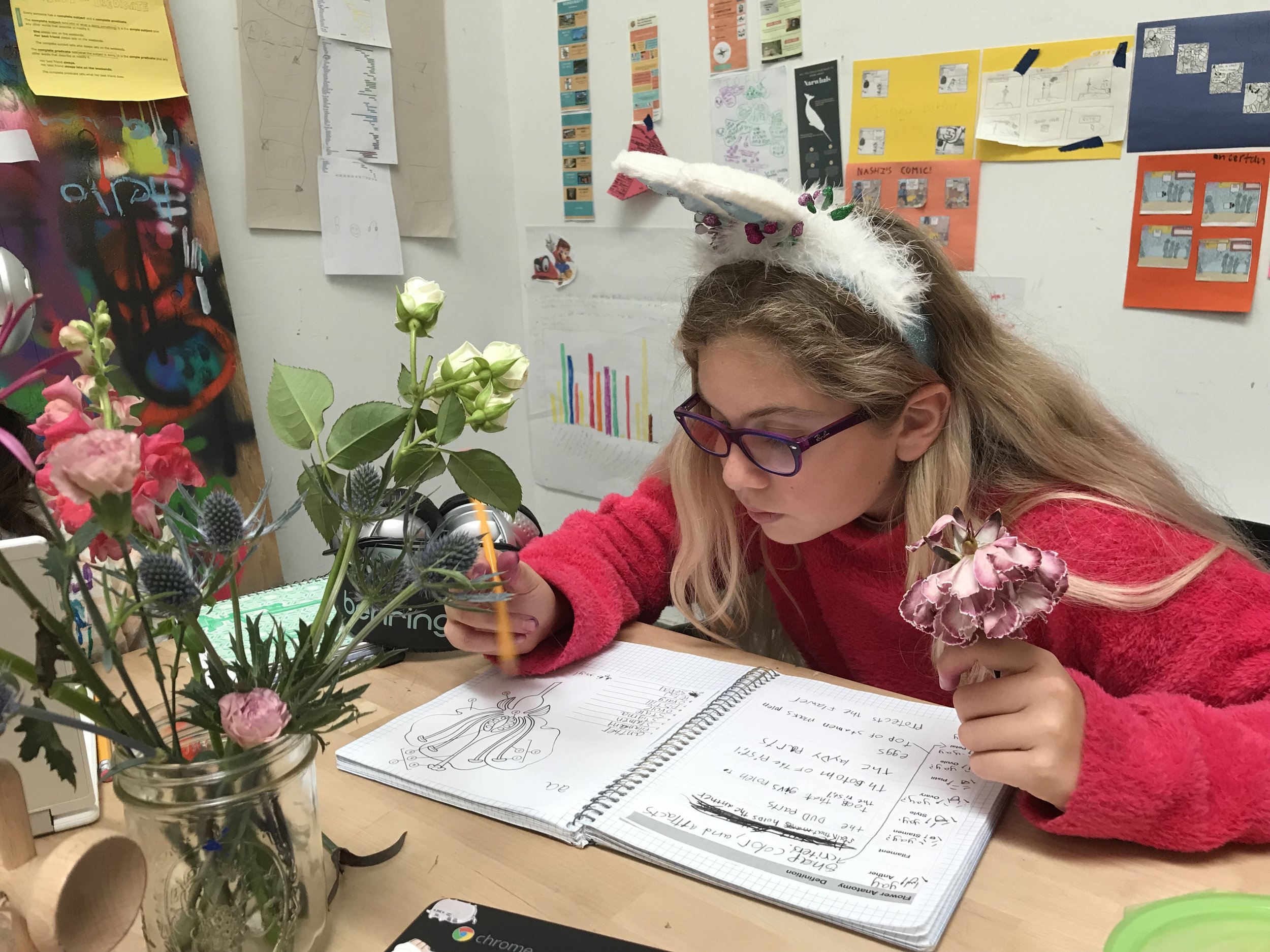
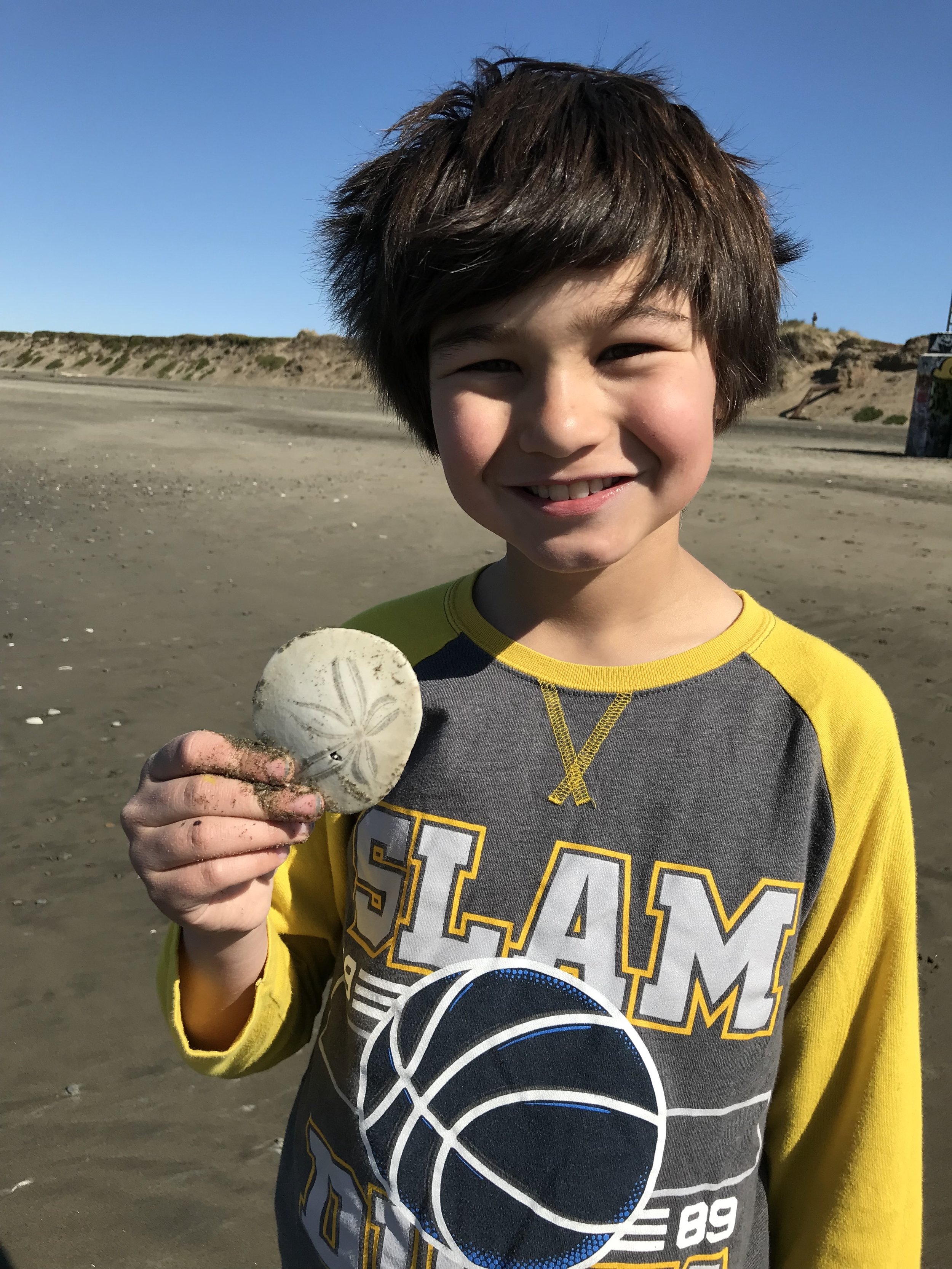
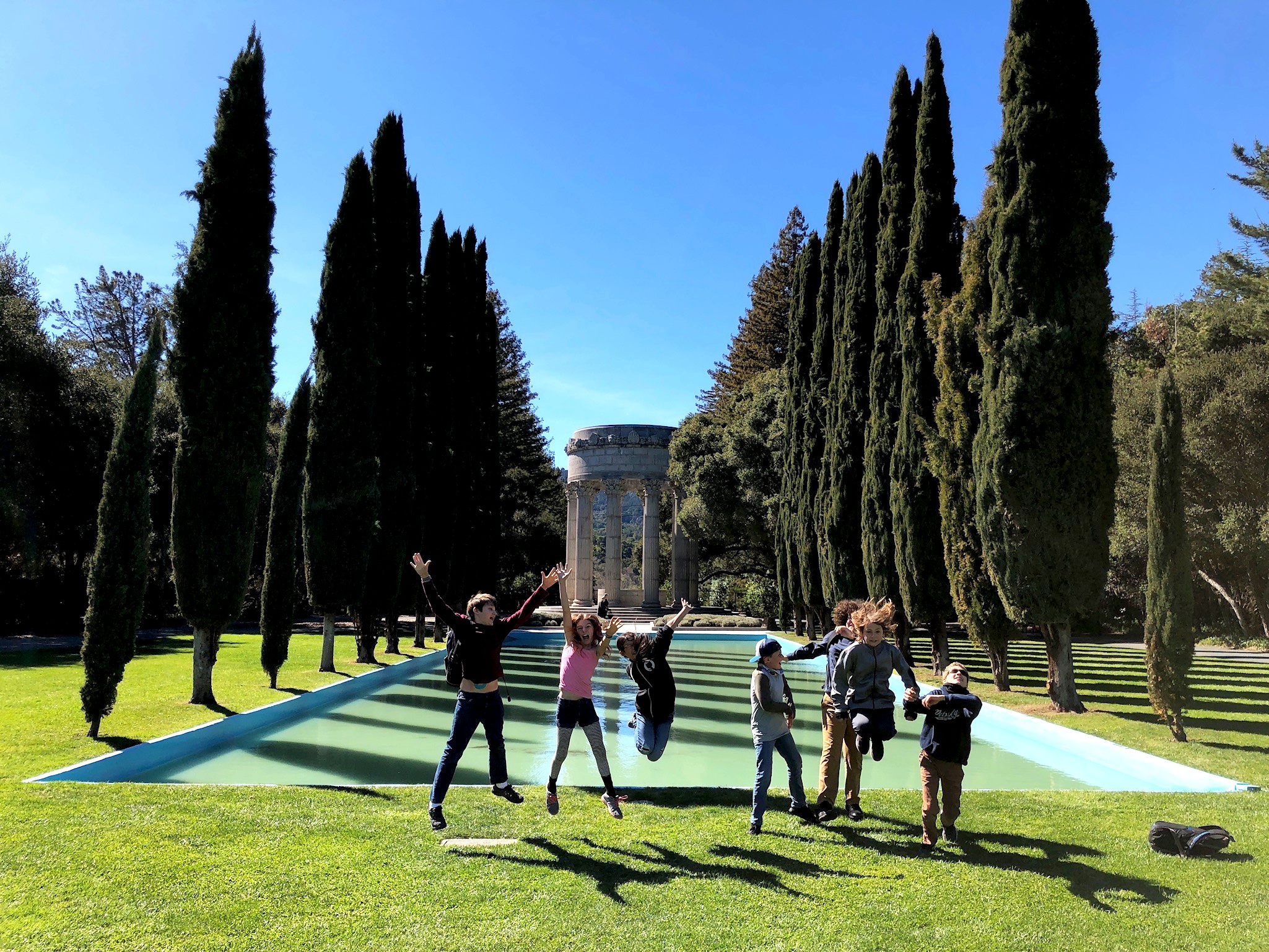

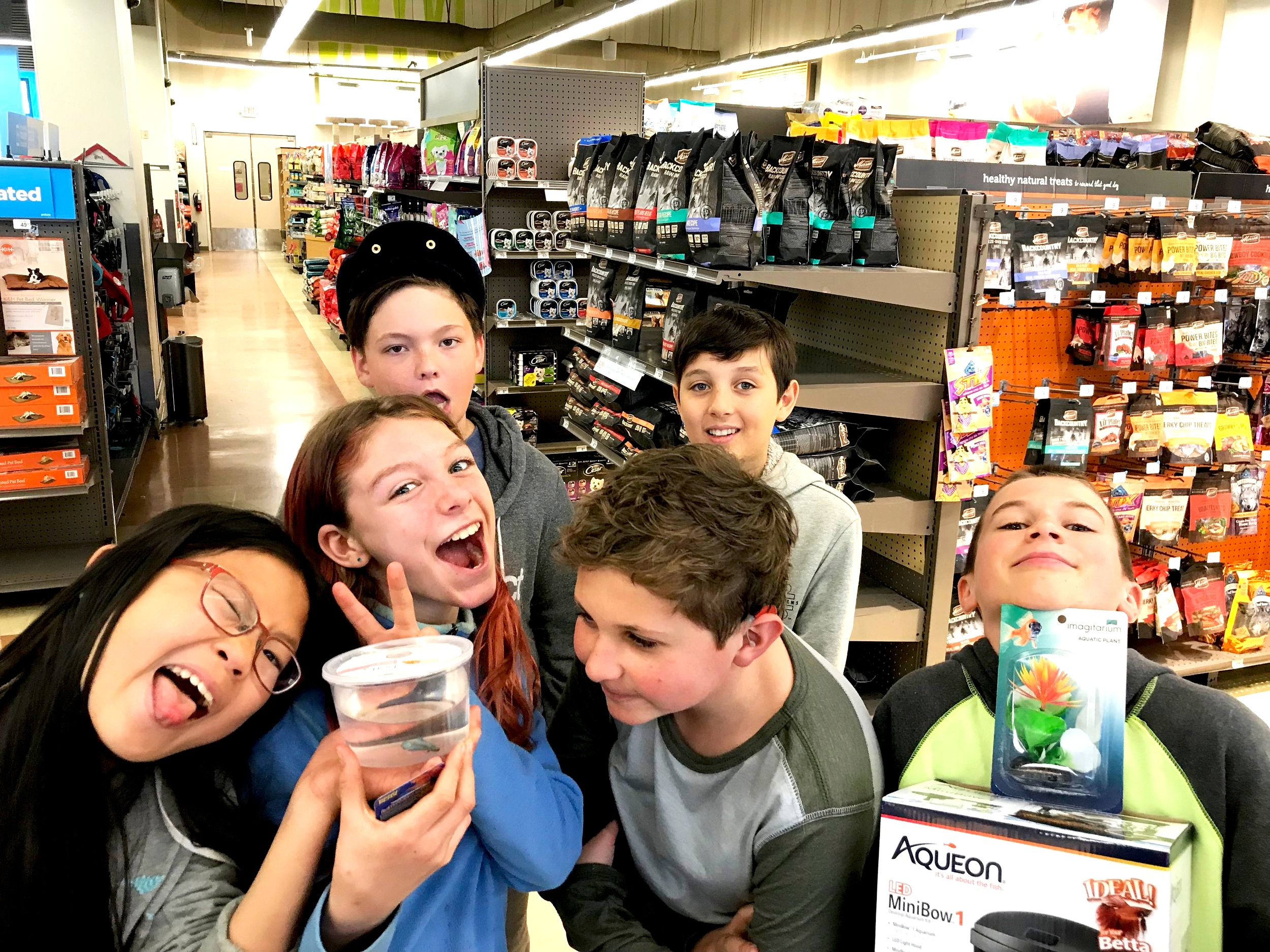
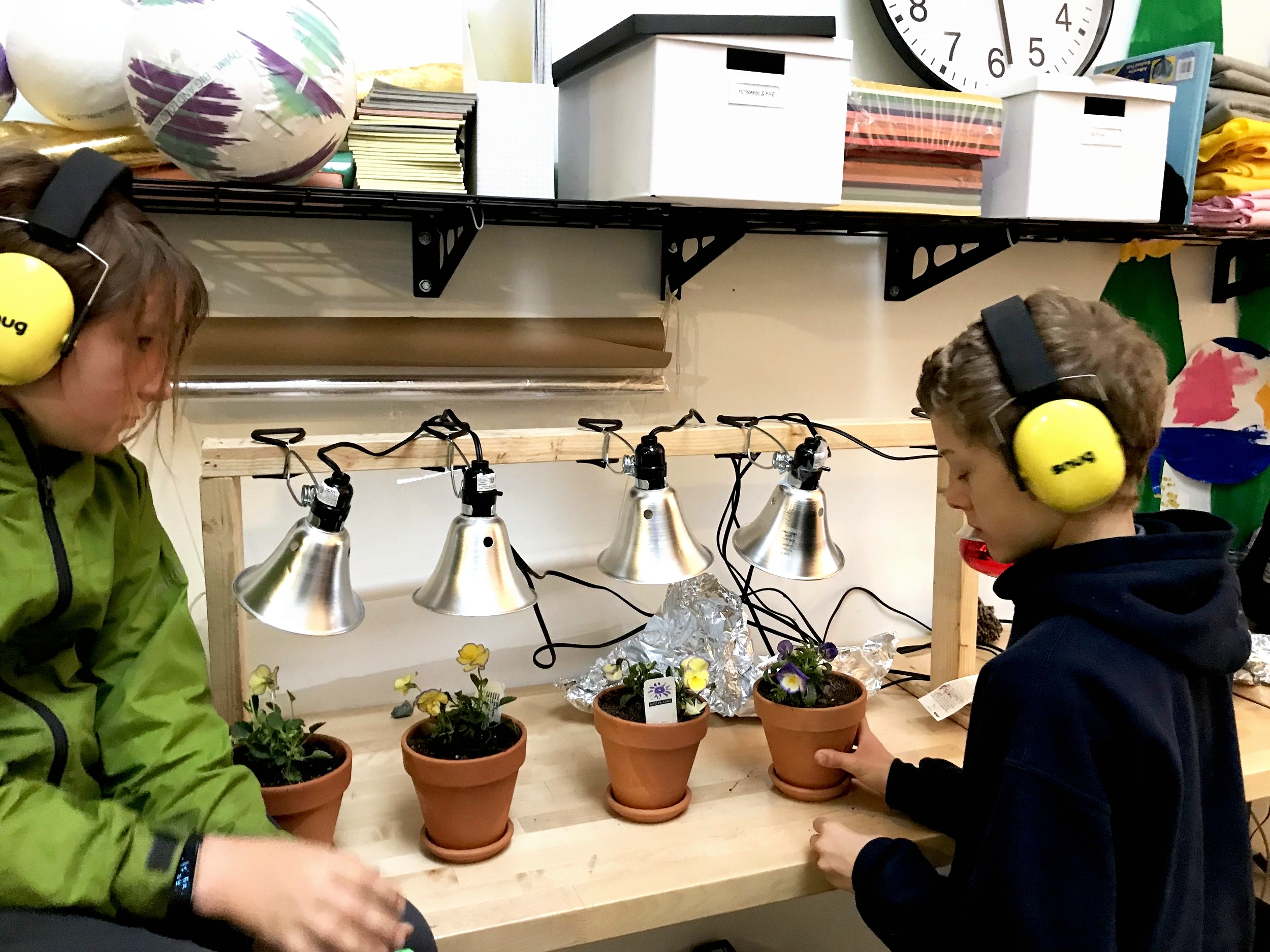
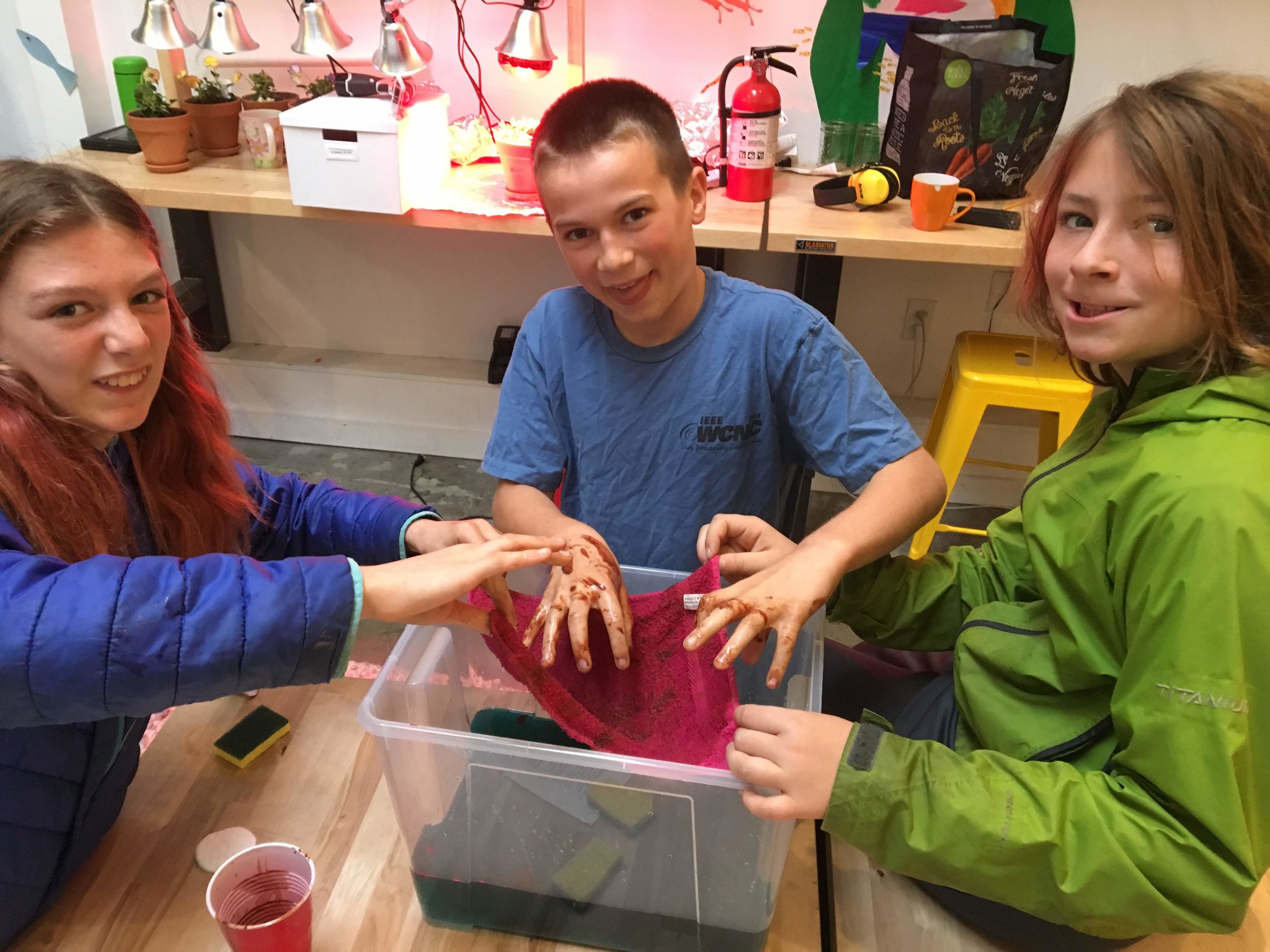

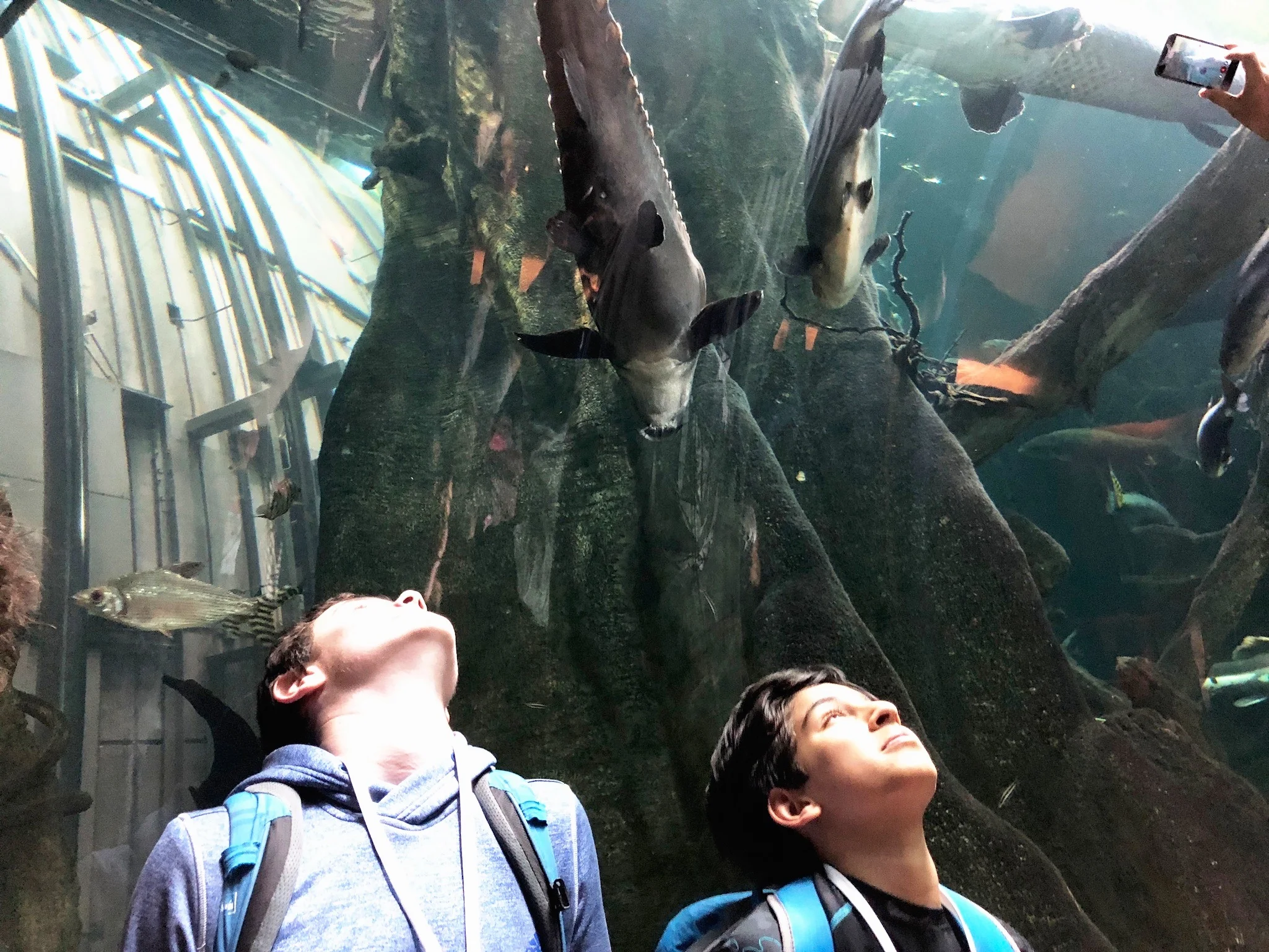
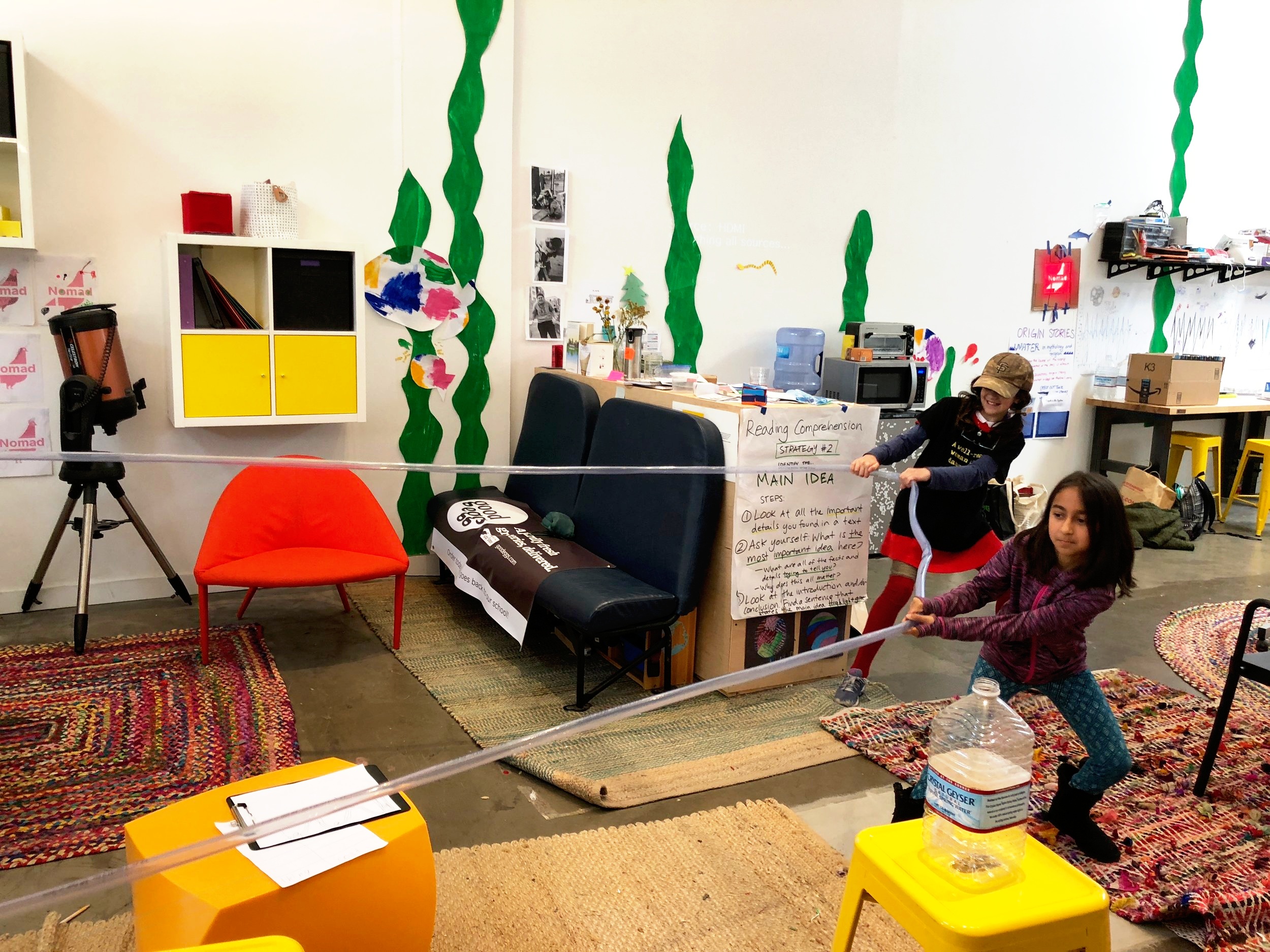
After eight weeks of teacher-curated activities and excursions, students were given the reins. Each student was tasked with developing a project so they could make a positive impact to a water-related challenge. With teachers as their project managers, students manage their budget, task list, and calendar. Culminating in an Open House event where students share their projects with the greater Nomad community, the project phase is the students’ chance to practice applying their knowledge to create something new.